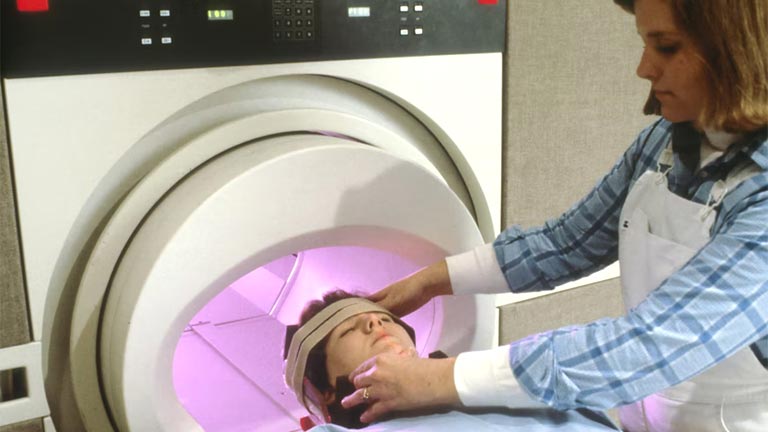
Addiction is a complex and pervasive issue that affects millions of individuals and their families worldwide. Whether it’s alcohol, drugs, or other substances, the grip of addiction can be all-consuming, leaving those affected feeling helpless and isolated. However, amidst the darkness, there is hope. Rehab centers offer a path to recovery and a chance for individuals to reclaim their lives. In this article, we’ll explore the journey of addiction, the role of rehab centers, and the path to recovery.
Understanding the Depths of Addiction:
Addiction is more than just a physical dependence on a substance; it’s a psychological and emotional battle that can consume a person’s entire life. The path to addiction is often paved with various factors, including genetic predisposition, environmental influences, and personal circumstances.
The Impact on Mental Health:
It often co-occurs with conditions like depression and anxiety, making recovery even more challenging. The shame and guilt associated with addiction can further exacerbate these mental health issues, creating a vicious cycle.
The Spiral into Addiction:
Individuals struggling with addiction often find themselves trapped in a relentless cycle. They may begin using substances recreationally or as a way to cope with life’s challenges. However, as tolerance builds, they require increasing amounts to achieve the same effects. This leads to a dangerous spiral of dependence, where the substance becomes the central focus of their existence.
The Role of Rehab Centers:
Rehabilitation centers play a vital role in helping individuals break free from the shackles of addiction. These centers are designed to provide a supportive and structured environment that facilitates recovery. Here’s how they make a difference:
1. Detoxification
This process helps individuals safely rid their bodies of the substance, often under medical supervision. Withdrawal symptoms can be intense and even life-threatening, making this a critical step in the recovery journey.
2. Therapy and Counseling:
Rehab centers offer a range of therapeutic approaches, including individual counseling and group therapy sessions. These sessions help individuals understand the root causes of their addiction, develop coping strategies, and build a support network.
3. Medical Care
For individuals with co-occurring medical or mental health conditions, rehab centers provide integrated care. This ensures that all aspects of a person’s health are addressed during recovery.
4. Relapse Prevention
One of the primary goals of rehab is to equip individuals with the tools and skills needed to prevent relapse. This involves developing strategies for dealing with triggers and stressors that could lead to substance use.
The Journey to Recovery
Here are some key aspects of the recovery journey:
1. Acceptance
The first step towards recovery is acknowledging the problem and accepting help. This can be incredibly challenging, as addiction often comes with denial and resistance.
2. Support System
Recovery is made easier with a strong support system. This can include family, friends, support groups, and the professionals at the rehab center.
3. Patience and Persistence
Recovery takes time, and setbacks can happen. It’s important for individuals to be patient with themselves and to keep pushing forward, even in the face of challenges.
4. Life After Rehab:
Completing a rehab program is a significant achievement, but it’s not the end of the journey. Aftercare and ongoing support are crucial to maintaining sobriety in the long term.
Conclusion
Addiction is a formidable adversary, but it can be overcome. Rehab centers serve as beacons of hope, guiding individuals toward a life free from the grip of addiction. By understanding the depths of addiction, appreciating the role of rehab centers, and embracing the journey to recovery, individuals can take the first steps toward reclaiming their lives.




